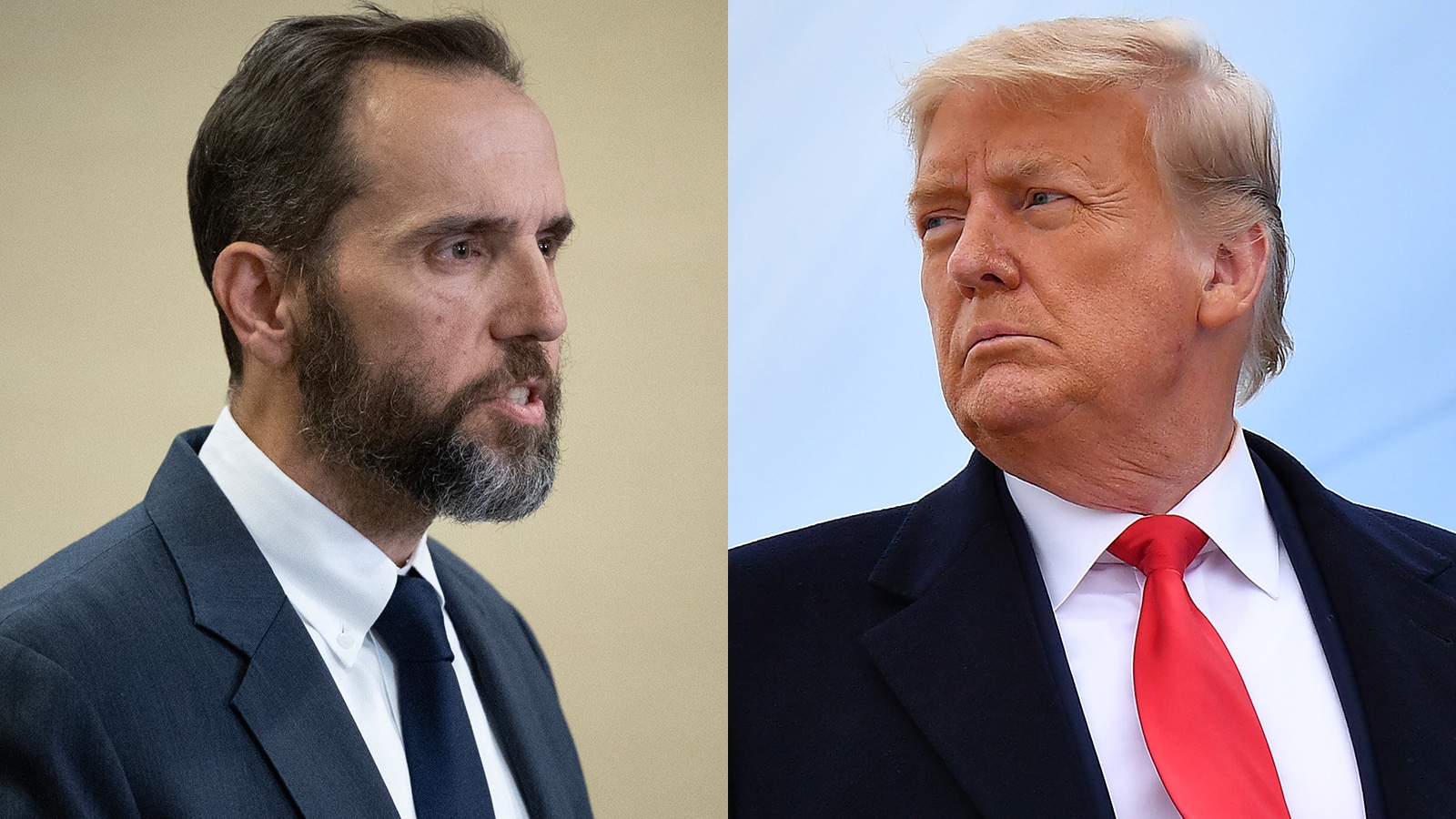OPINION: This article may contain commentary which reflects the author's opinion.
Alan Dershowitz, one of the most famous attorneys in the world and a Harvard Law professor emeritus, has delivered the news that the Department of Justice and Special Counsel jack Smith did not want to hear.
In interviews done before and after the federal indictment against former Presidnt Donald Trump was unsealed the attorney and constitutional law scholar said the case as “weak” and should not have been brought.
“It has to be at least as strong as the case against Richard Nixon, which we will remember led not to Democrats to demand his resignation, but Republicans, his own colleagues came to him and said, this case is so strong that we can’t support you,” he said Friday on the Fox News show “Mornings with Maria” before the indictment was unsealed by Special Counsel Jack Smith.
“If this indictment is as weak as it appears to be, from what has been disclosed so far, it may be the most dangerous indictment in political history,” he said.
“As everybody knows,” the attorney said, “it’s the first time that a man who is the leading candidate against the incumbent president has been indicted by the incumbent administration in an effort to prevent him from running.”
“It’s an extraordinarily dangerous indictment, potentially dangerous to the rule of law, dangerous to the neutral application of criminal justice, and dangerous to establishing a precedent that each side will weaponize the criminal justice system against their political opponents,” he said. “That’s not America.”
“Look, I voted, myself, against Trump twice. I have a constitutional right to vote against him a third time on the merits, and that right shouldn’t be taken away from me by politicians, by attorneys general, by judges, by jurors,” the attorney said.
“If this becomes a politically divided prosecution, where the Republicans are on one side, the Democrats are on the other, it moves the election out of the polling booth to the courthouse,” he said. “And that’s not where elections ought to be held.”
“If I were a Republican leader, what I would do is draft a potential indictment against Biden and his son based on the information that’s now available, and present that in the court of public opinion in juxtaposition with the indictment that will come down on Tuesday,” he said, “and let the public judge whether or not there’s a single standard of justice.”
After the indictment was unsealed Dershowitz appeared on Fox Business with host Larry Kudlow where he was equally unimpressed, though he did find one thing he believed Trump should be concerned about.
“There’s only one page that has anything of substance to it. The stuff about moving boxes and that’s all covered by the Presidential Records Act, probably not criminal at all. The one page that’s of concern, obviously, if it’s true, is the tape recording that was made of a conversation ex-President Trump had with a writer who was writing a book about Meadows, in which he said, look, I have these documents. They’re secret. I could have declassified them when I was president, but I didn’t. And then either shows it and it shows him that he has it,” the attorney said.
“And that was the basis for the most important charge under the Espionage Act. The rest of it, I think, can easily be defeated on legal and factual grounds. This is the one that should be worrisome to the president, and he may have an answer for it. He may be able to say, look, I was just showing off a little bit. I didn’t really have them read the document. I just flashed them in front of their eyes to show them, look, I’m the former president and what I’m telling you is true. These documents prove it. But that’s the only page in the indictment that should really worry President Trump and his lawyers,” he said.
“I don’t understand the espionage charge here. In other words, he didn’t sell it to a foreign government,” the host said.
“Look, the espionage statute is one of the worst statutes on the book. It was passed by Woodrow Wilson in 1917 to imprison his political enemies and people who were opposed to the First World War,” the attorney said.
“Every liberal in the last hundred years has been opposed to the Espionage Act because is had nothing to do with espionage. It deals with dissent, it deals with opposition to war. It deals with speech. And it’s a horrible, horrible statute. But it does cover by its terms transmitting to anybody who’s not authorized the contents of classified material. It doesn’t require espionage as the title of the statute would seem to imply,” he said.
“It doesn’t require it be given to an enemy. It doesn’t require that money be paid in exchange. Now, whether or not the law is that broad and can be construed that broadly, whether or not that’s constitutional, after all, Trump has a constitutional right to have a conversation with somebody and to tell him about what he did in office. And if the statute is going to be applied to him, it has to be a narrow and constitutionally acceptable statute. So there’s a lot to fight about. But I’m just telling you, it’s the one paragraph, the one page that should cause concern by President Trump,” he said.
